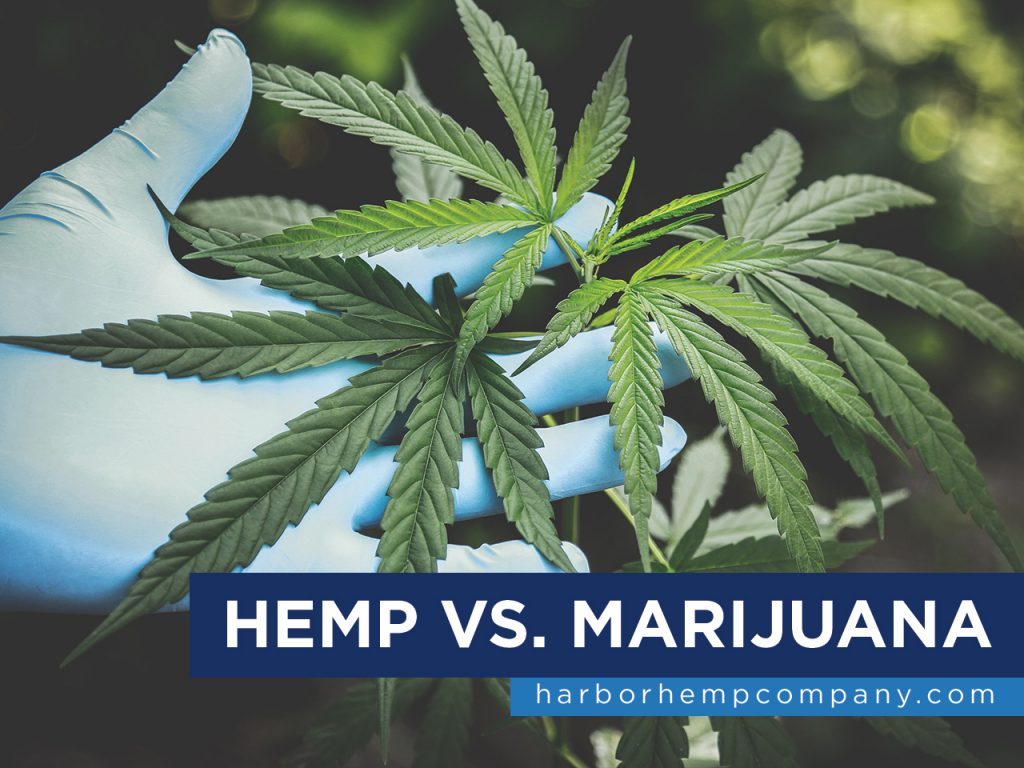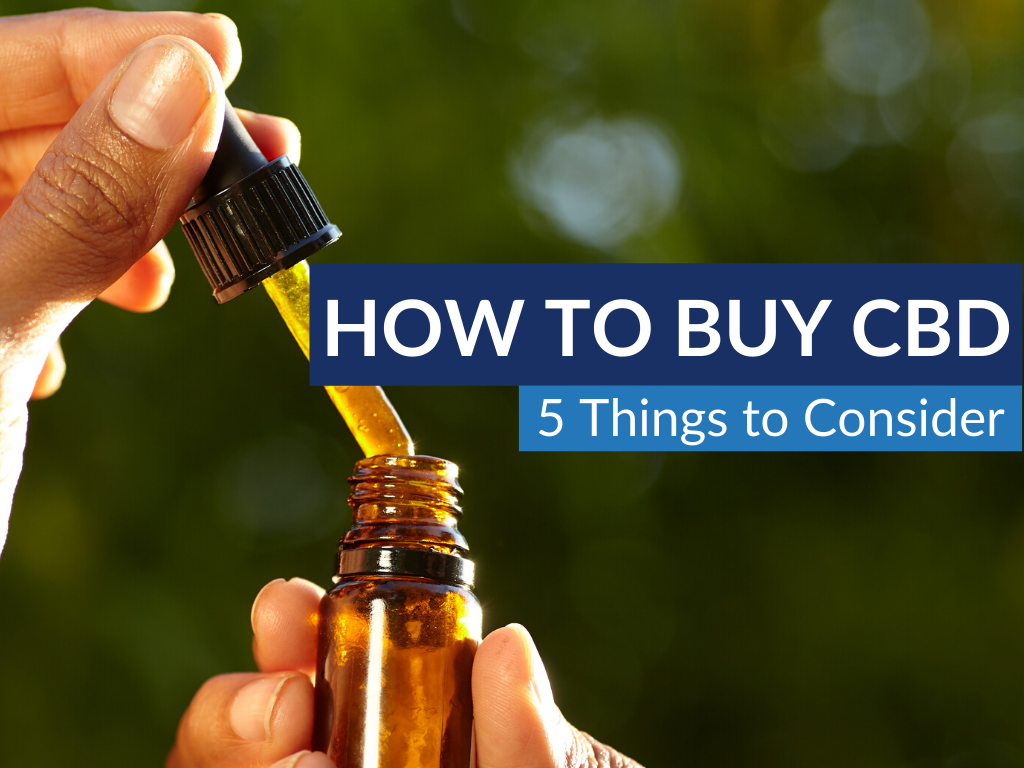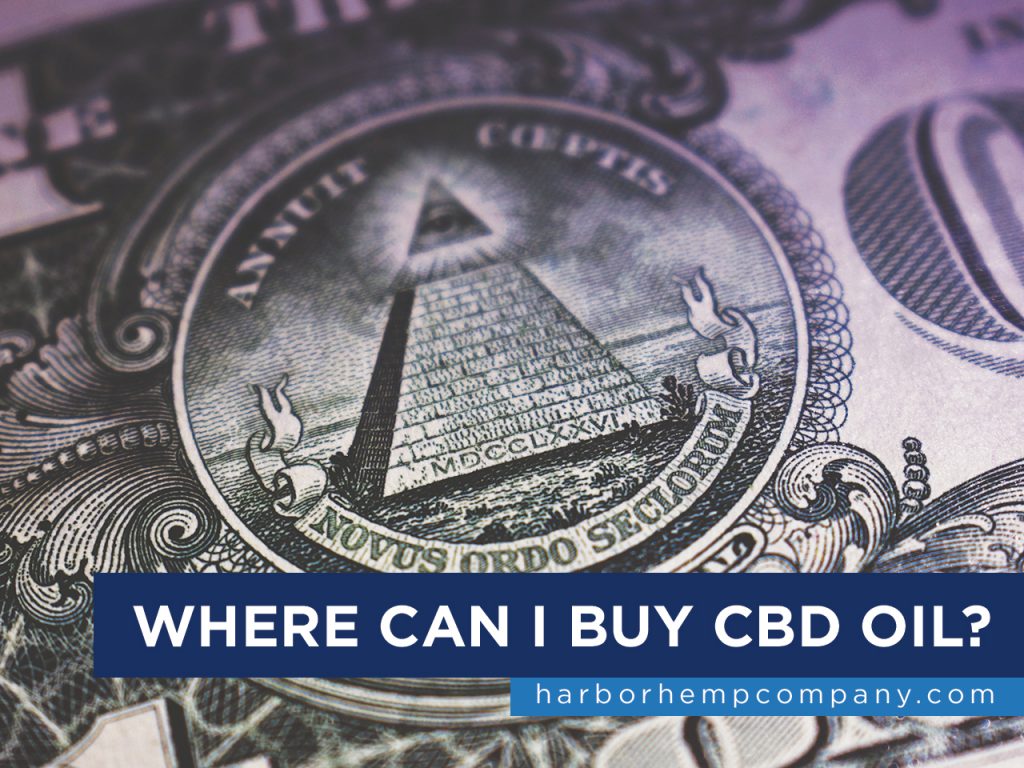Hemp vs. Marijuana: What’s the difference?
You might have heard the terms “cannabis” or “cannabis industry” being tossed around in the media lately. But did you know that cannabis is actually a genus of plants that has three species: indica, sativa and ruderalis? Although hemp and marijuana both belong to the cannabis plant species and look and smell very similar, they are legally recognized as two different plants. Hemp plants are always classified as a sativa cannabis species, while marijuana plants can be either sativa or indica.
Let’s take a closer look at some of the other ways hemp and marijuana are different.
What is the legal difference between hemp and marijuana?
The key difference between hemp and marijuana is the amount of the cannabinoid tetrahydrocannabinol (THC) that each plant is legally allowed to contain. Hemp, also called industrial hemp, can only contain less than 0.3% THC, according to Federal law, while marijuana plants are generally bred to contain much higher levels of the intoxicating THC.
What is industrial hemp?
Industrial hemp, the type of cannabis plant that hemp-derived CBD is extracted from, is non-intoxicating and can legally only contain less than 0.3% THC. Now legal in all 50 states, thanks to the passing of the 2018 Farm Bill, hemp is used in the manufacturing of a wide variety of CBD products. These types of products include those made by Harbor Hemp Company such as CBD tinctures, CBD pain creams and topicals, CBD capsules and CBD pet products.
In addition to being used for the CBD industry, hemp is also widely used to produce a range of other products, including food, fiber, fuel and personal care products.
Will I get high from hemp?
No, hemp will not make you high. Unlike marijuana which can have very high levels of intoxicating THC, hemp plants can legally only have less than 0.3% THC and are considered non-intoxicating.
Does CBD come from hemp or marijuana?
Like THC, CBD is found in both hemp and marijuana plants, however hemp-derived CBD is the only CBD that is legal in all 50 states. If you live in a state where medicinal marijana is legalized you may be able to purchase marjunana-derived CBD at a medicinal majijuana dispensary. But it’s a good idea to check your local laws before shopping as you may need a prescription to buy from a dispensary.
Still have questions about the difference between hemp and marijuana?
Our team of CBD specialists is always here to answer your questions. Just drop us a line.




